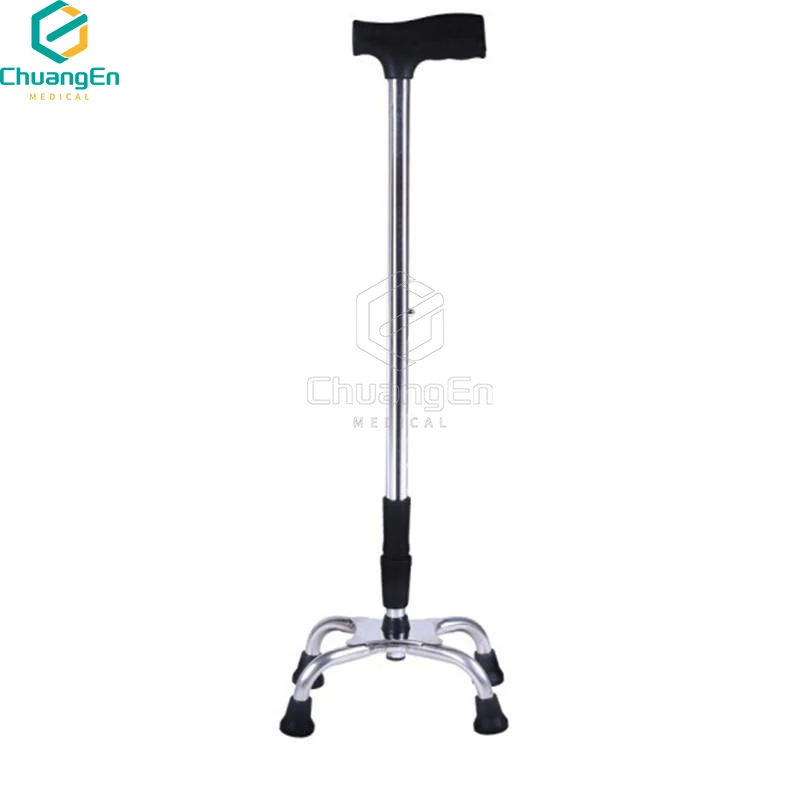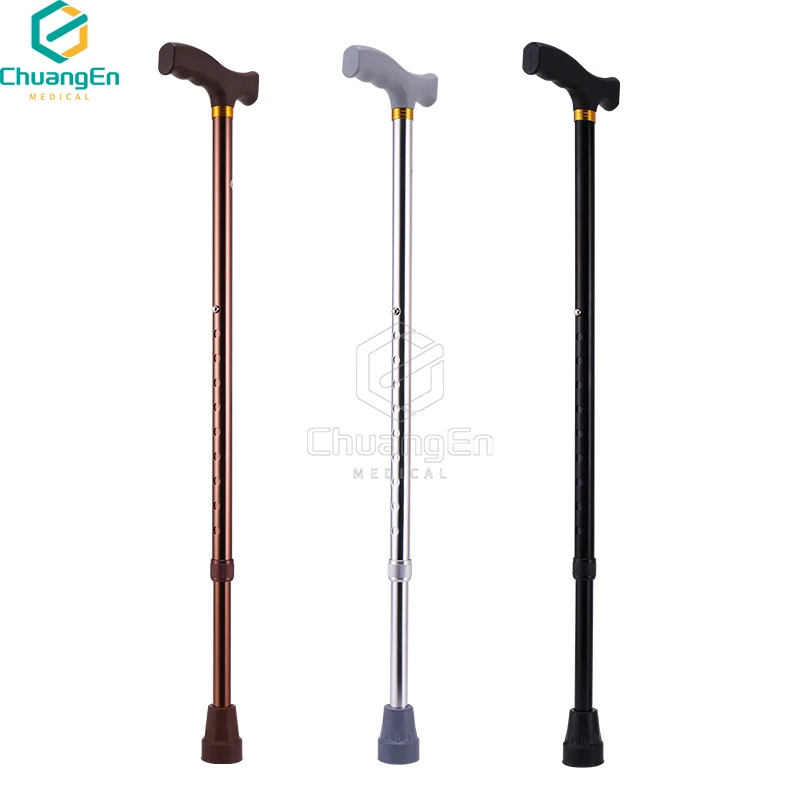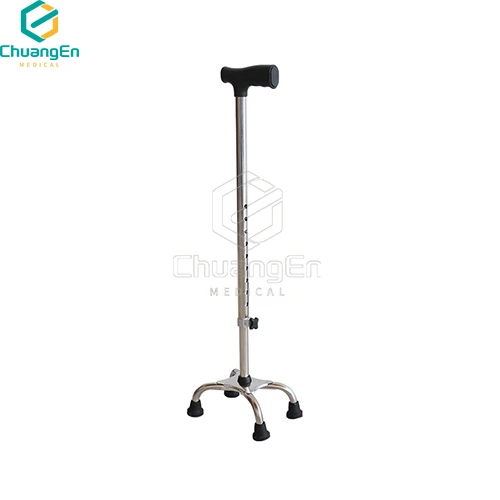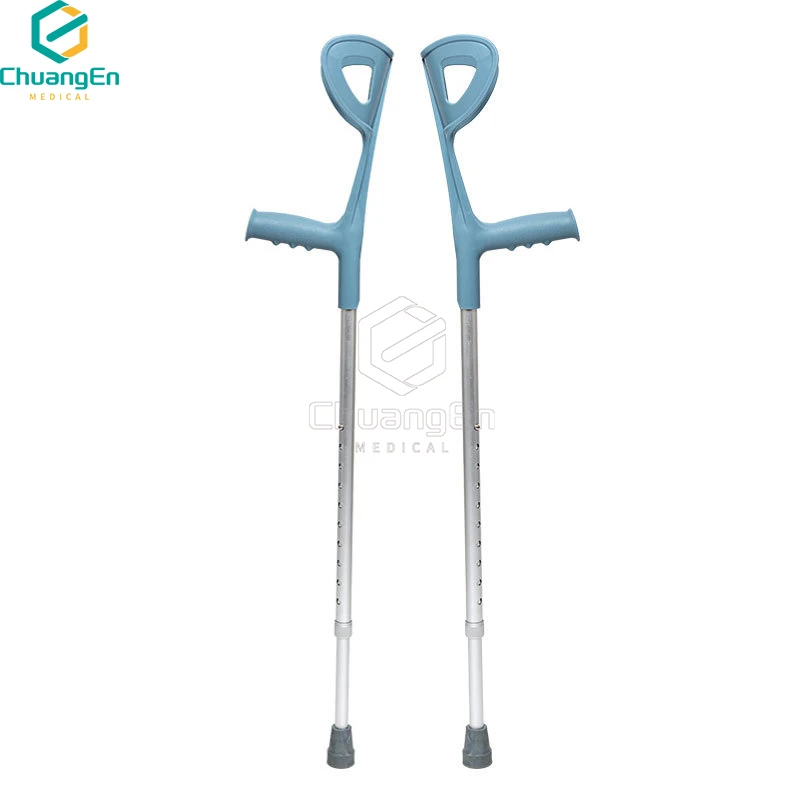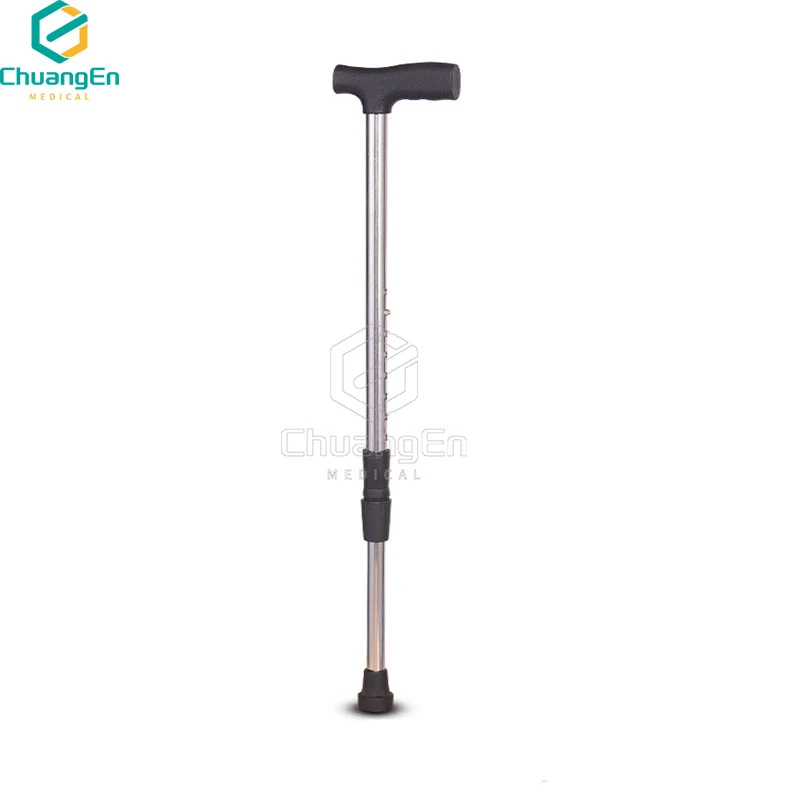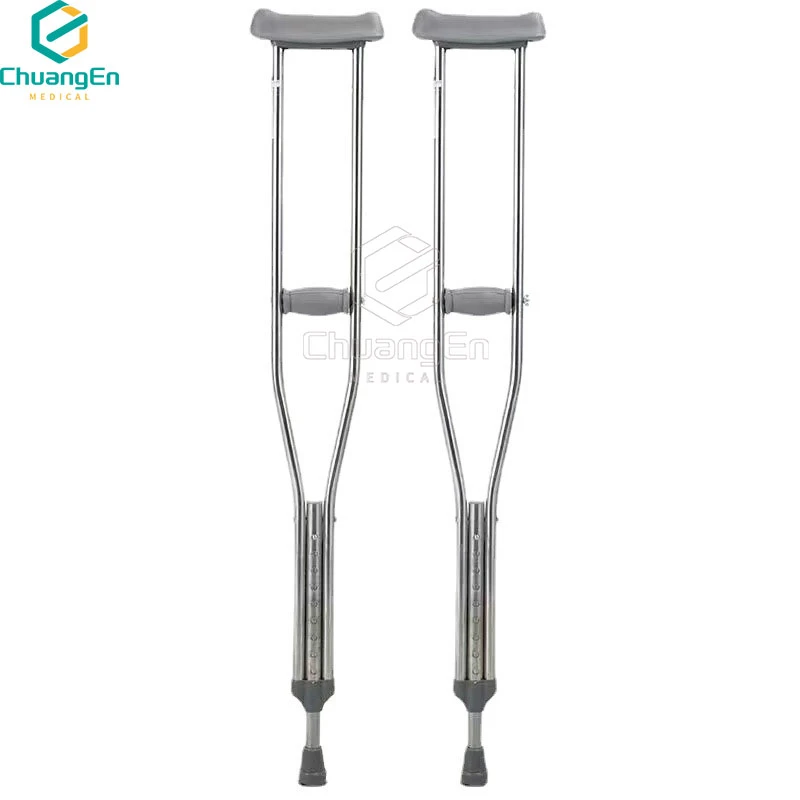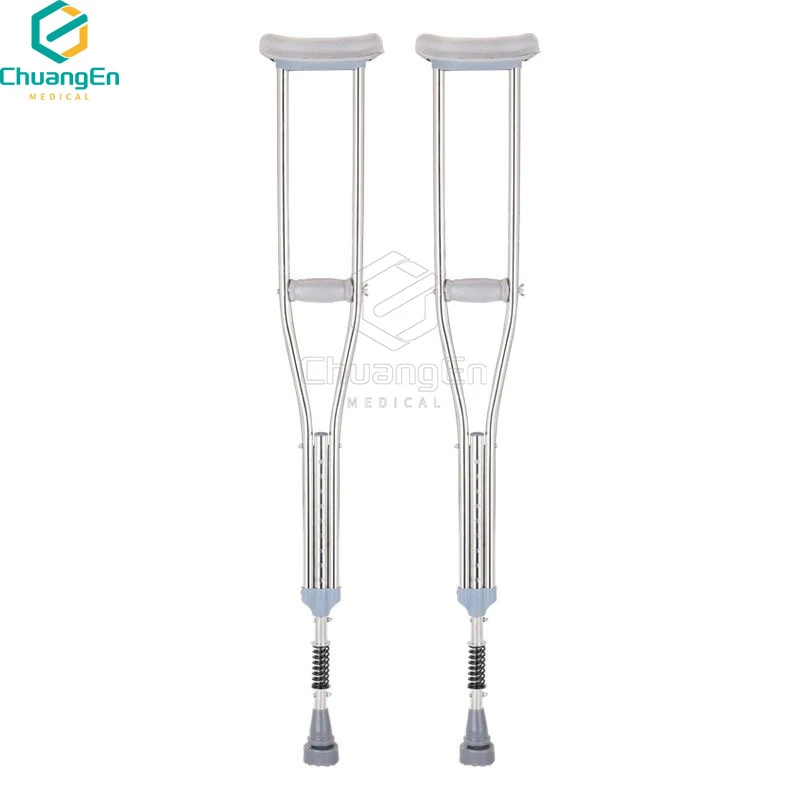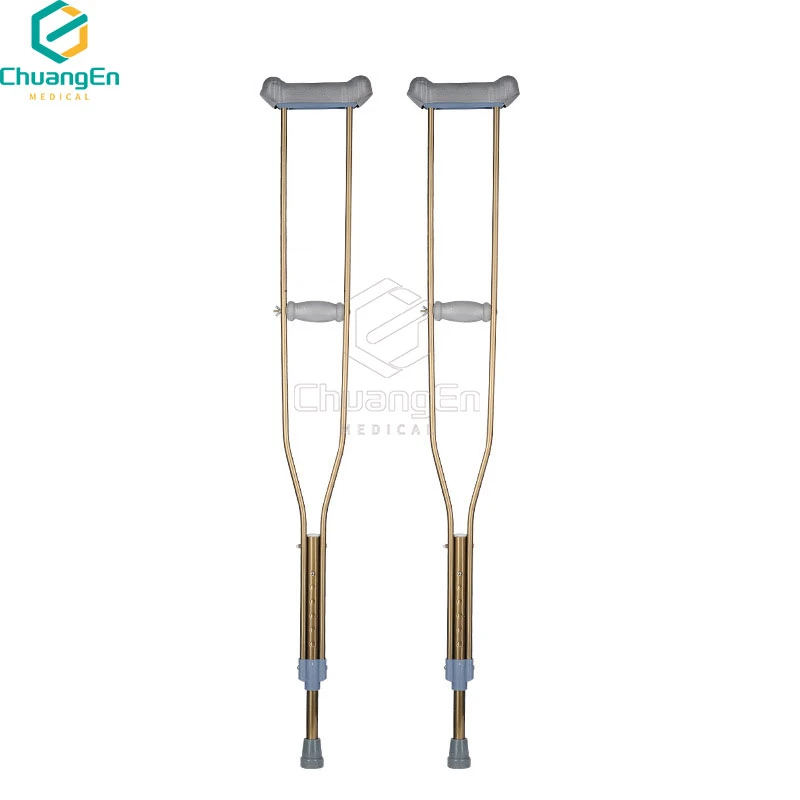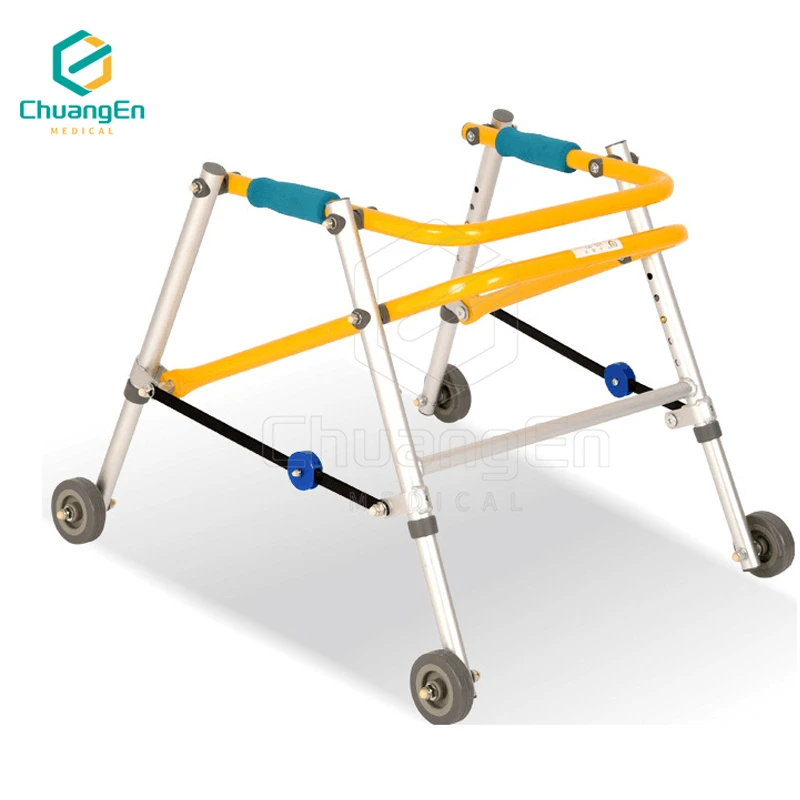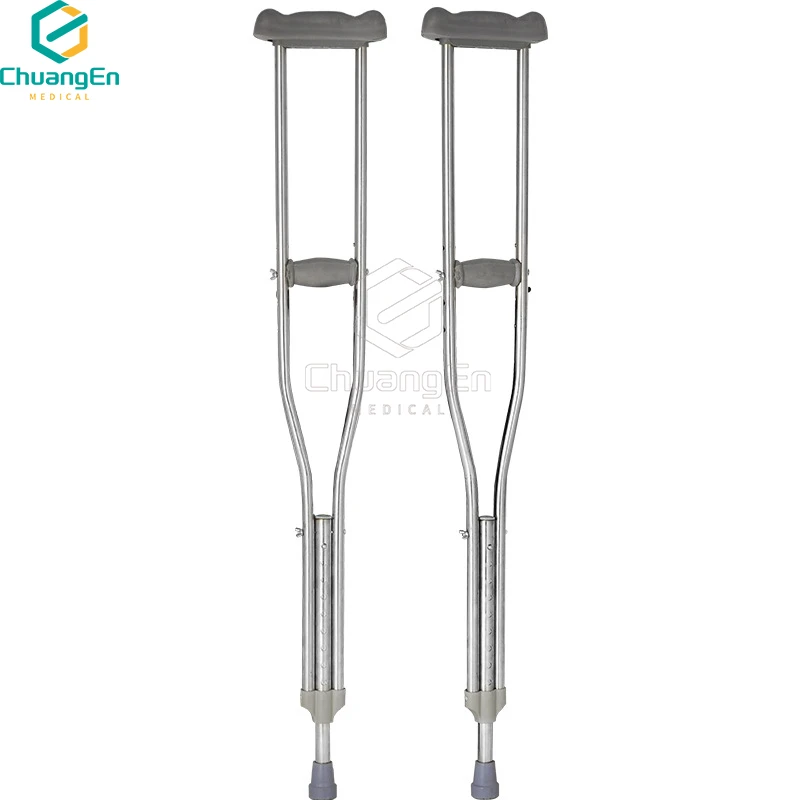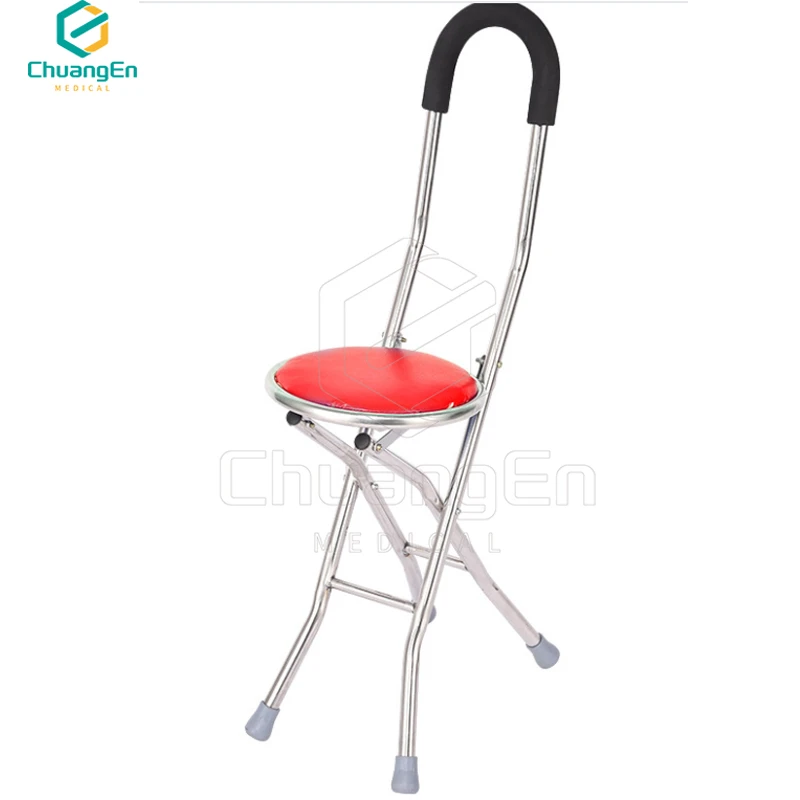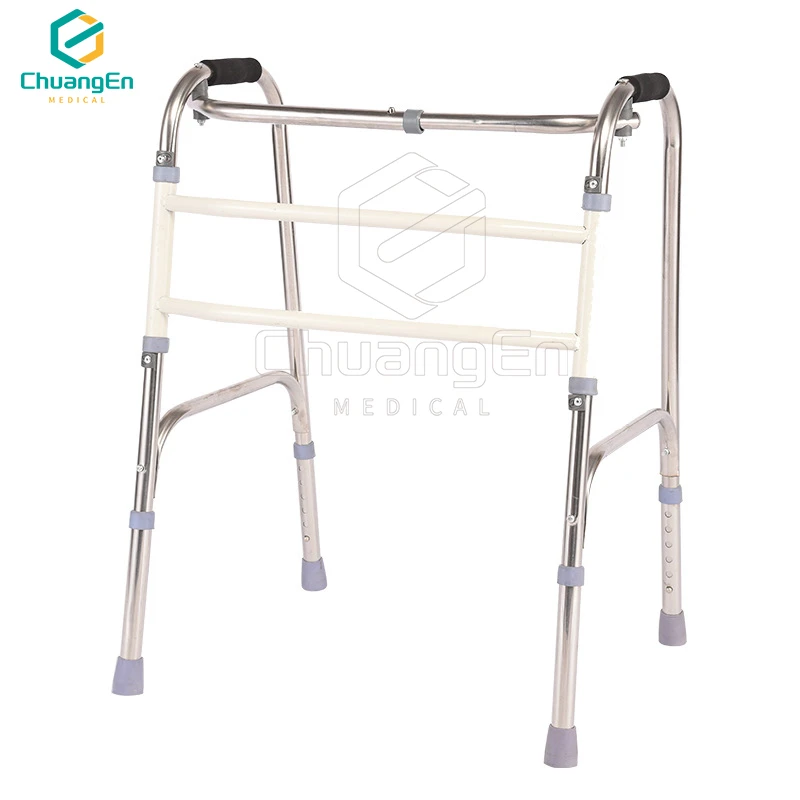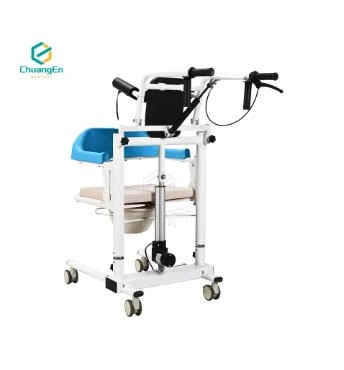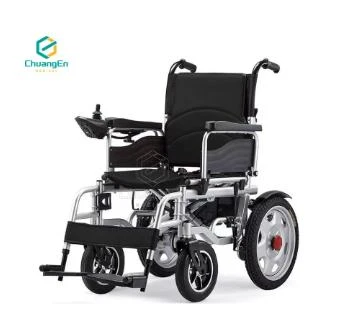Walking aids offer essential support to individuals with limited mobility due to age, injury, surgery recovery, or chronic conditions. The main benefit is enhanced stability and balance, significantly reducing the risk of falls, especially on uneven surfaces or in crowded areas. For elderly users, walking aids such as walkers, rollators, or canes provide confidence and independence, allowing them to perform daily tasks like shopping, strolling in the park, or moving around the house without constant assistance. These aids help in reducing the load on lower limbs, particularly beneficial for individuals with arthritis, joint pain, or leg injuries, by redistributing body weight and improving posture. Our walking aids are designed with features like ergonomic hand grips, adjustable height settings, and lightweight aluminum frames for maximum comfort and customization. Many models also come with foldable designs, making them convenient for transport and storage. Some advanced options include built-in seats, storage baskets, and wheels with locking brakes, making them suitable for both indoor and outdoor use. By promoting safe, steady movement, walking aids not only reduce physical strain but also boost emotional well-being, enabling users to stay socially active and connected with their communities. Overall, they are a simple yet powerful tool to maintain mobility, dignity, and quality of life.
How Do I Choose The Right Walking Aid For My Needs Or A Family Member?
Choosing the right walking aid depends on the user's physical condition, mobility level, environment, and personal preferences. For those who need mild support, a standard cane or walking stick may be sufficient, particularly for short distances or occasional use. If the user needs more stability and weight-bearing support, a two-wheel or four-wheel walker is often more appropriate. A basic walker (without wheels) provides maximum support but is best suited for indoor use on flat surfaces. For users who are more mobile but still need balance assistance, a rollator walker with wheels, hand brakes, and a seat can be ideal. It's perfect for both indoor and outdoor activities and offers rest breaks thanks to the built-in seat. Important factors to consider include adjustable height, grip comfort, weight capacity, and ease of folding and transport. If the user travels frequently, lightweight or collapsible models are recommended. Additionally, it’s important to measure the user’s arm length and standing height to ensure ergonomic alignment. Consulting a medical professional or physiotherapist can also be helpful, especially for post-surgery recovery or individuals with neurological conditions like Parkinson’s or stroke aftermath. Our walking aids are designed to cater to a wide range of users, and we’re happy to offer suggestions based on specific needs. The right walking aid not only improves mobility and safety but also gives users the freedom to move confidently and independently in their daily lives.

